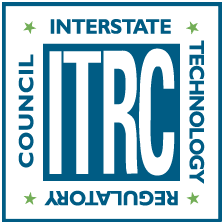Glossary
C
corrective action
Activities taken to restore integrity of institutional or engineering control.
D
data base management system
Systems of software tools including databases and geographic information systems that allow a registry, monitoring, outreach, and enforcement.
E
engineering control
Physical modifications to a site or facility to reduce or eliminate the potential for exposure to residual contamination (for example, slurry walls, capping, or vapor intrusion liner).
environmental management system
Broad data management system used by state and federal agencies.
H
Hewlett Packard TRIM
An HP records management system.
I
institutional control
LUC, AUL, LUR: A legal or administrative restriction on the use of, or access to a site or facility to eliminate or minimize potential exposure to chemicals of concern (such as proprietary controls or governmental controls).
O
obligated party
The party who fulfills institutional control obligations, for example, the grantee in the case of the proprietary control, or county in the case of groundwater ordinance.
P
proprietary control
Controls based on the rights associated with private ownership, particularly ownership of a limited interest in real property as specified in legal instrument such as an easement or a restrictive covenant.
R
RestFul
A systems architectural style consisting of a coordinated set of components, connectors, and data elements within a distributed hypermedia system, where the focus is on component roles and a specific set of interactions between data elements rather than implementation details.
responsible party
The entity that is required to ensure that selected institutional controls are properly applied and maintained.



